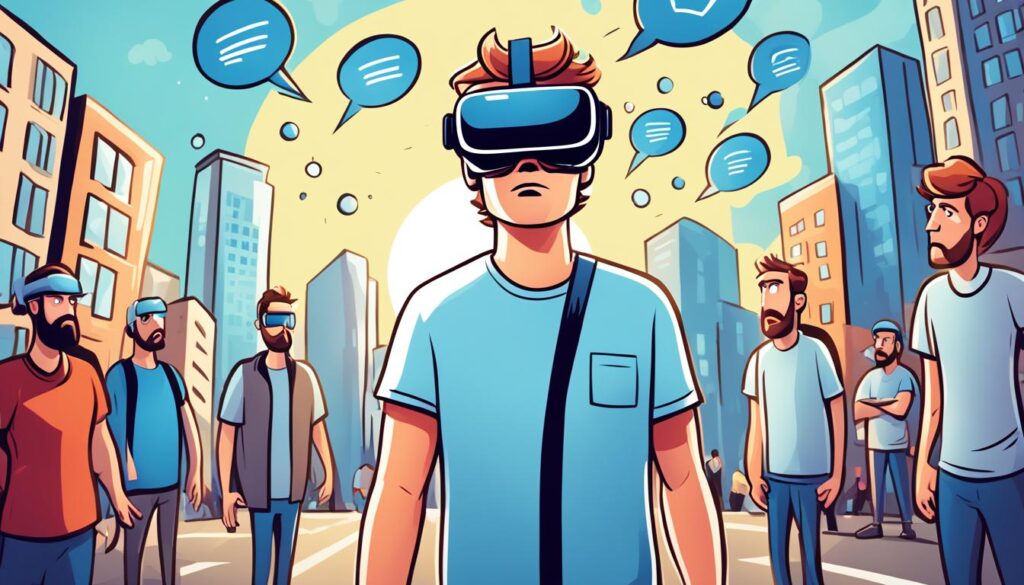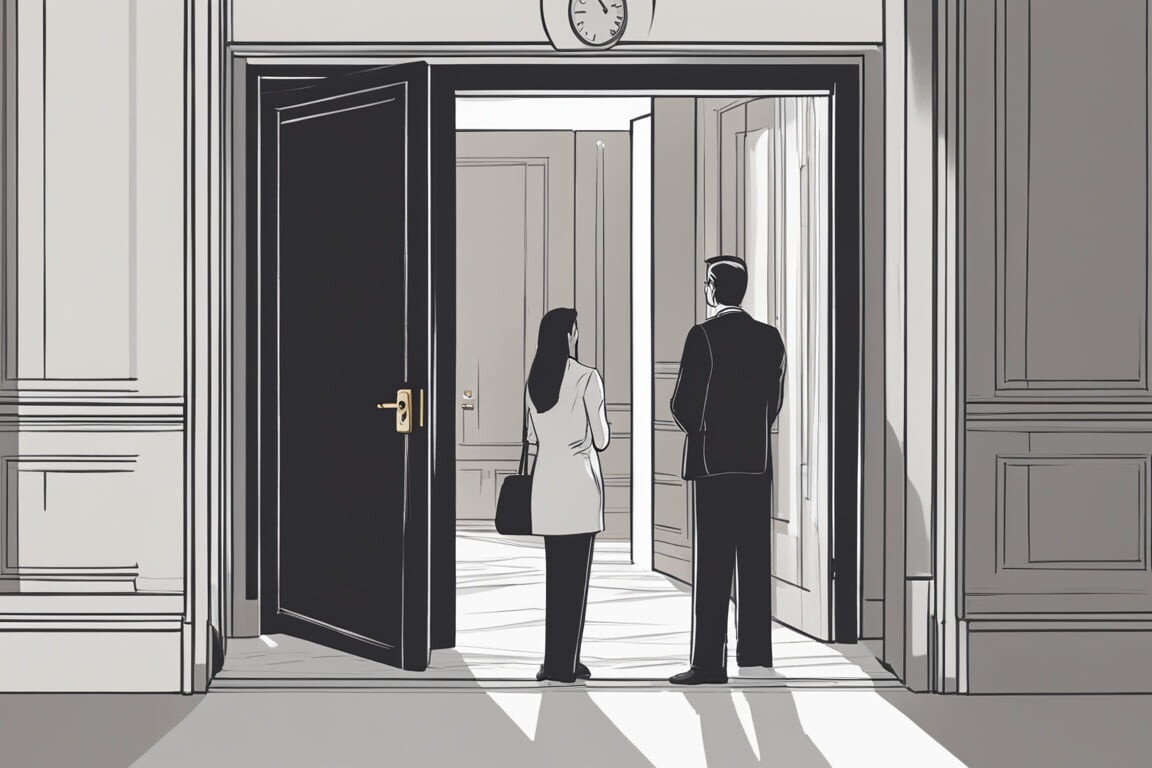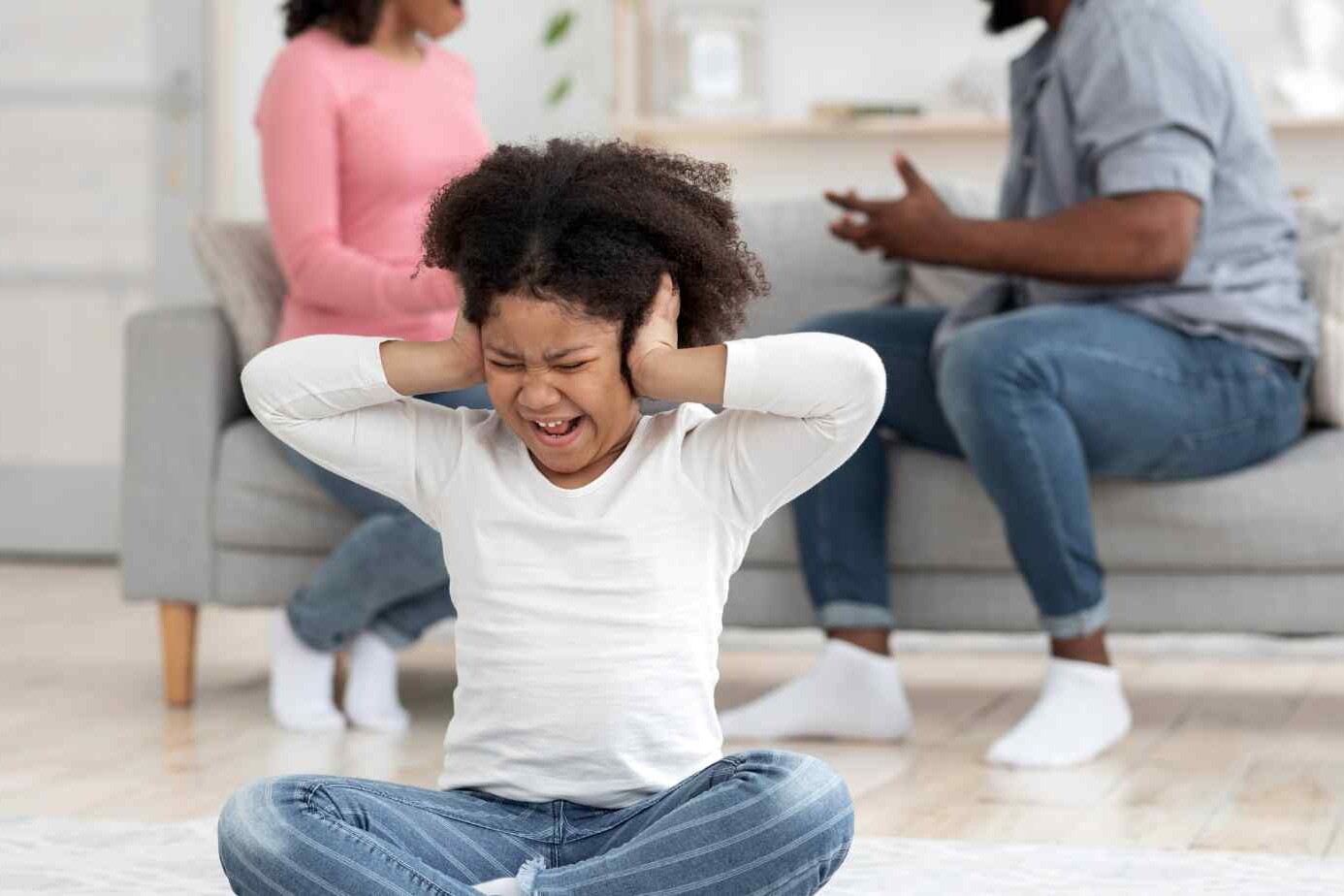If you’re struggling with social anxiety, you’re not alone. Millions of people worldwide face this condition, making everyday social interactions tough. But, there’s hope. Exposure therapy for social anxiety is a powerful treatment that can help you overcome your fears and gain confidence in social settings.
In this blog, we’ll break down everything you need to know—from what exposure therapy is to how it can change your life if you struggle with social anxiety.
Let’s explore the science, the process, real-life outcomes, and how to get started with exposure therapy for social anxiety in a way that’s simple, friendly, and honest.
Table of Contents
ToggleWhat is Exposure Therapy for Social Anxiety?
Exposure therapy is a psychological method used to treat anxiety. It’s built on the idea that avoiding fear only makes it stronger. Instead, exposure therapy helps people face their fears in a controlled, safe environment until the fear lessens.
- Developed from cognitive behavioral therapy (CBT).
- Works by desensitizing the brain’s fear response.
- Effective for various anxiety disorders, including PTSD, phobias, and OCD.
When applied to social anxiety, it allows the brain to relearn that social situations are not as dangerous as they seem. Over time, this lowers the automatic fear response.
Read: Anxiety vs Depression: Understanding the Key Differences | Dr. Chandril Chugh
Exposure Therapy vs. Other Treatments for Anxiety
Exposure therapy isn’t the only treatment for social anxiety, but it’s often one of the most effective.
| Treatment Type | How It Works | Pros | Cons |
|---|---|---|---|
| Exposure Therapy | Gradual exposure to fear triggers | Highly effective, long-lasting | Can be uncomfortable at first |
| CBT | Changes thought patterns | Helps long-term thinking | May take longer to show results |
| Medication | Alters brain chemistry | Quick symptom relief | May cause side effects, not a cure |
| Avoidance | Avoids anxiety triggers | Instant relief | Worsens anxiety over time |
Exposure therapy for social anxiety is especially preferred when the fear is very specific (like public speaking) and when the person wants long-term change without depending on medication.
Understanding Social Anxiety Disorder
Knowing what we’re treating is half the battle. Social anxiety isn’t just shyness—it’s deeper, more intense, and often disabling.
What is Social Anxiety Disorder?
Social Anxiety Disorder (SAD) is a mental health condition marked by intense fear of being judged or embarrassed in social situations.
- Common symptoms include:
- Fear of being watched or judged
- Sweating, trembling, or nausea in social situations
- Difficulty speaking, eye contact avoidance
- Fear of doing something embarrassing
- Triggers often include:
- Public speaking
- Dating
- Meeting new people
- Eating or drinking in public
- Using public restrooms
Even daily interactions can feel like huge challenges. These reactions are not just nerves; they’re part of a bigger neurochemical response involving parts of the brain linked to fear and memory.
Prevalence and Impact: Social Anxiety in Numbers
Social anxiety is one of the most common anxiety disorders globally.
- Affects nearly 7% of U.S. adults annually.
- More than 15 million people in the U.S. alone struggle with it.
- Often begins in teenage years and can persist for decades if untreated.
Consequences include:
- Strained relationships and loneliness
- Career limitations due to fear of presentations or interviews
- Poor academic performance
- Higher risk of depression and substance use
Untreated, social anxiety can lead to early signs of dementia, cognitive decline symptoms, and long-term behavioral symptoms of dementia due to chronic stress.
How Exposure Therapy for Social Anxiety Works?
Now that we know what social anxiety is, let’s talk about how exposure therapy for social anxiety helps manage it effectively.
The Step-by-Step Exposure Process
Exposure therapy doesn’t throw you into your worst fear all at once. It works in stages.
- Fear Hierarchy or Exposure Ladder: List of anxiety-triggering situations from least to most scary
- Gradual Exposure: Start small, then move up the ladder
- Flooding: Jump into the hardest fear first (less common)
- Types of Exposure:
- Imaginal: Picture the feared situation in your mind
- In-Vivo: Face the situation in real life
- Interoceptive: Trigger the physical feelings of anxiety in a safe way
This method gives your brain the chance to learn: “This isn’t dangerous.” That’s how real change begins.

Exposure therapy is a step-by-step way to face your social fears and gain skills for tough social times. With time and effort, you can beat social anxiety and feel more confident in the world.
Examples of Exposure Therapy for Social Anxiety
Exposure therapy is a helpful method for tackling social anxiety. It can ease fears of social situations or public speaking. This method helps you face your fears step by step, boosting your confidence in social places.
Exposure is personal. It depends on your fears.
But here are a few examples that therapists often use:
- Start a conversation with a stranger at a store
- Ask a question in a class or meeting
- Attend a social event alone
- Return an item to a store while speaking confidently
- Make eye contact and smile at someone in public
Each step helps build confidence by reducing fear. It’s like a workout for your brain’s fear center.
Tips for Getting Started With Exposure Therapy
You don’t need to figure it all out alone. But knowing what to look for can help.
Choosing the Right Therapist
Not all therapists offer exposure therapy. Here’s how to find one who does:
- Look for credentials in CBT and exposure-based therapy
- Ask if they have experience with social anxiety disorders
- Choose someone who respects your pace but also challenges you
- Decide between in-person vs. online therapy (both can be effective)
DIY Exposure Therapy: Can You Do It On Your Own?
Yes, but with caution.
- Try DIY if your anxiety is mild and manageable
- Use free tools like:
- Fear ladders and worksheets
- Apps like “MindShift CBT” or “Woebot”
- YouTube videos demonstrating exposure scenarios
But don’t try alone if:
- Your anxiety is severe
- You also have depression or suicidal thoughts
In those cases, always consult a trained professional like Dr. Chandril Chugh.
Virtual Reality Exposure Therapy for Social Anxiety
If you struggle with social anxiety, you might have heard about virtual reality exposure therapy (VRET). This method uses technology to help you face your fears safely. It’s a new way to deal with anxiety.
VRET uses VR to create fake social situations, like giving a speech or going to a party. It slowly exposes you to these situations. This helps you get used to your fears and builds your confidence in a safe space.
Studies show that VRET can help with public speaking and other social fears. It lets you practice handling anxiety in a virtual world. This way, you can learn to manage your anxiety and handle tough social situations better.
One big plus of VRET is the safe space it offers. You don’t face real-world situations right away. Instead, you take small steps to overcome your anxiety at your own speed.
If you’re looking into virtual reality exposure therapy for social anxiety, find a qualified mental health expert. They will help you through it and make sure it fits your needs.

VRET combines technology with exposure therapy’s proven methods. It’s a promising way for people to beat social anxiety and gain confidence in social situations.
Overcoming Fear of Driving with Exposure Therapy
If you struggle with a fear of driving, you’re not alone. Many people feel anxious or scared when driving. Exposure therapy can help you face and beat this fear. It involves slowly getting used to driving in a safe place, building your confidence and skills.
Building Confidence on the Road
Exposure therapy for driving fear starts with small steps. You might begin with quiet streets and then move to busier areas. The aim is to make you feel more at ease with driving, reducing fear and panic.
Through this exposure therapy, you learn to handle your thoughts and feelings while driving. As you progress, your fear of driving will lessen. You’ll enjoy the freedom and ease of driving more.
Remember, overcoming driving fear takes time and patience. Be kind to yourself as you work through it. With the right support, you can regain your confidence and independence on the road.
Online Exposure Therapy for Social Anxiety
For those with social anxiety, in-person therapy can seem scary. Luckily, online exposure therapy is here to help. With Talkspace, you can find therapists who know how to treat social anxiety disorder from home.
Online exposure therapy can change your life if you’re fighting social anxiety. You can face your fears in virtual sessions and learn new skills. This way, getting help feels easier, helping you start your journey to beat social anxiety.
Online exposure therapy is flexible. You set your own schedule, avoiding the hassle of traffic or finding a ride. This is great for those in areas with few mental health services.
If you want to try social anxiety treatment online, Talkspace is a good choice. Their skilled therapists will help you learn how to handle your anxiety and gain confidence.
Taking the first step is tough, but online exposure therapy makes it easier. It’s a supportive and easy way to tackle your social anxiety.
What to Expect During Therapy Sessions?
Most people are nervous before starting therapy. But here’s what actually happens:
- First few sessions: Your therapist asks questions to understand your fears
- Build a fear hierarchy: Together, you list scary situations from easiest to hardest
- Practice exposure: With your therapist’s help, you start practicing the easier steps
Therapists also help reduce “safety behaviors” like avoiding eye contact or rehearsing what to say. These habits seem helpful but actually keep anxiety alive
A Message From Dr. Chandril Chugh
If social anxiety is making you feel small, unheard, or frozen, it doesn’t have to stay that way. Exposure therapy for social anxiety is one of the most powerful, proven ways to get your life back.
As a U.S.-trained, board-certified neurologist, I’ve helped countless patients navigate anxiety and regain control over their minds and bodies. And I want the same for you.
Book a consultation today and take the first real step forward.
FAQ
What is exposure therapy?
Exposure therapy is a way to help people face their fears. It slowly exposes individuals to what they fear in a safe place. This helps reduce fear and stops avoiding things.
How does exposure therapy work for social anxiety disorder?
For social anxiety disorder, exposure therapy slowly introduces people to situations that make them anxious. It’s done in a safe way. The goal is to help them handle their feelings and lessen their anxiety.
What are the benefits of exposure therapy for social anxiety?
Exposure therapy helps people overcome their fears and boosts their social skills. It builds confidence in social settings. By facing their fears, those with social anxiety learn to control their emotions and reduce symptoms.
What are the steps of exposure therapy for social anxiety?
Exposure therapy for social anxiety has several steps. First, the person’s fears are assessed. Then, goals are set and a fear hierarchy is made. Finally, the person is exposed to these fears under a therapist’s guidance.
Can exposure therapy be used to address specific social anxiety-related fears?
Yes, exposure therapy can tackle many social anxiety fears. This includes fears of eating in public or being the center of attention. The therapist creates a plan tailored to the individual’s needs.
Is virtual reality exposure therapy an option for social anxiety?
Yes, virtual reality exposure therapy (VRET) is used for social anxiety. It uses technology to create fake social situations. This lets people face their fears safely and in control.
Can exposure therapy also address fears outside of social situations?
Yes, exposure therapy can help with fears beyond social situations. For example, the fear of driving. The therapist helps the person face these fears and gain confidence, reducing anxiety.
Is online exposure therapy an option for people with social anxiety?
Yes, online exposure therapy is available for those with social anxiety who prefer not to go to therapy in person. Sites like Talkspace offer sessions with therapists who specialize in social anxiety. This lets people get help from home.
Source Links
About The Author

Dr Chandril Chugh
This article is medically reviewed by Dr Chandril Chugh, he is committed & compassionate Board-Certified Neurologist, providing expert insights and reliable health information. with a Holistic Approach to Healing.
→ Book a consultation to discover which remedies suit your needs best.
About Author | Instagram | YouTube | Linkedin




